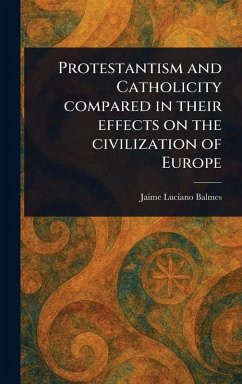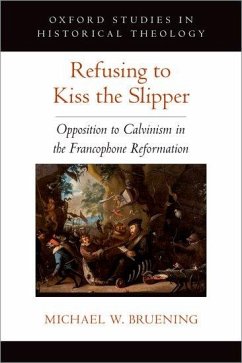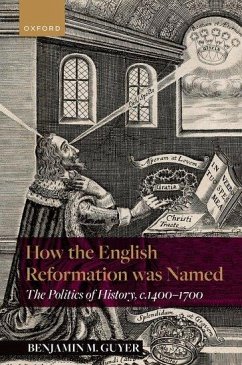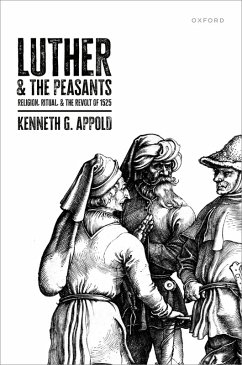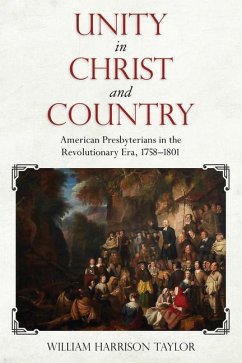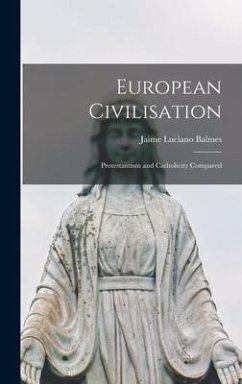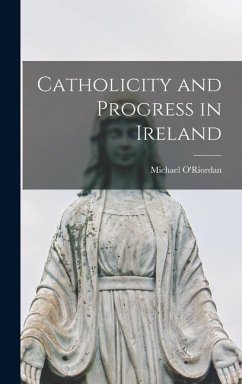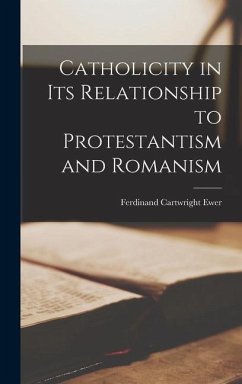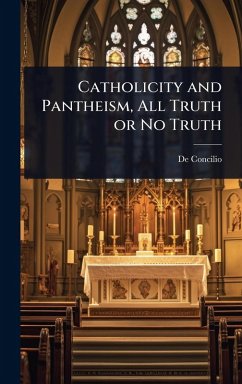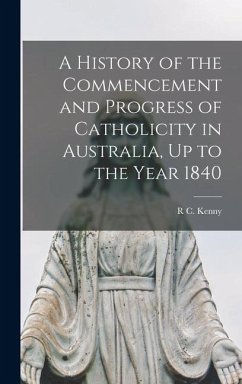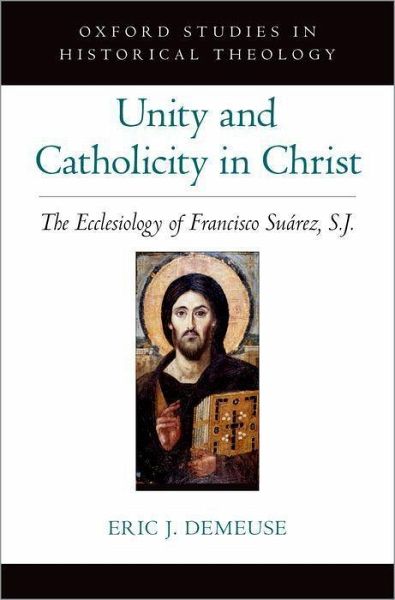
Unity and Catholicity in Christ
The Ecclesiology of Francisco Suarez, S.J.
Versandkostenfrei!
Versandfertig in über 4 Wochen
97,99 €
inkl. MwSt.
Weitere Ausgaben:

PAYBACK Punkte
49 °P sammeln!
Debates concerning the relationship between Tridentine Catholicism and Catholicism after Vatican II dominate theological conversation today, particularly with regard to understandings of the Church and its engagement with the world. Current historical narratives paint ecclesiology after the Council of Trent as dominated by juridical concerns, uniformity, and institutionalism. This book challenges such narratives by investigating the theology of ecclesial unity and catholicity of the renowned Spanish Jesuit Francisco Suárez (1548-1617). Reexamining standard as well as overlooked sources of Su�...
Debates concerning the relationship between Tridentine Catholicism and Catholicism after Vatican II dominate theological conversation today, particularly with regard to understandings of the Church and its engagement with the world. Current historical narratives paint ecclesiology after the Council of Trent as dominated by juridical concerns, uniformity, and institutionalism. This book challenges such narratives by investigating the theology of ecclesial unity and catholicity of the renowned Spanish Jesuit Francisco Suárez (1548-1617). Reexamining standard as well as overlooked sources of Suárez's ecclesiology, the author shows how Suárez wrestles with the new demands of his time to produce a vision of the Church that is deeply spiritual, diverse, and missional, even anticipating later ecumenical developments in twentieth-century Catholic ecclesiology.




